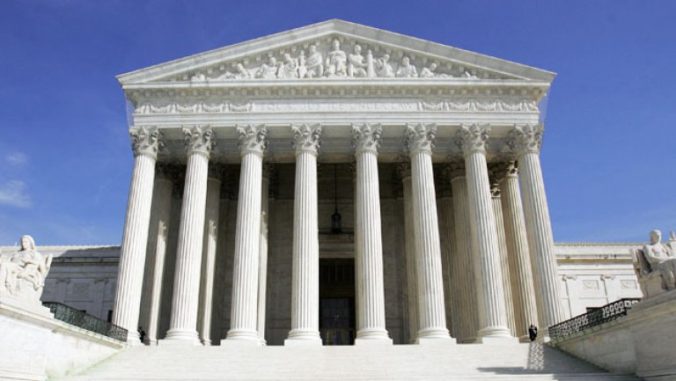Copyright law is an interesting subsection of the legal field. Fun fact: the Founding Fathers cared more about protecting copyrights than any nebulous free speech rights. The right to copyright is established in the original U.S. Constitution enacted in September 1787. The Bill of Rights did not exist until 1789.
Additionally, one of the really cool quirks about copyrights is how they are created. Copyright exists “the moment it is created and fixed in a tangible form.” Alas, this cool quirk appears to only be true in form, but not in substance. For the United States Supreme Court recently ruled that before you can enforce a copyright, you must first go through the complete administrative process of registering that copyright with the Copyright Office.
While the Court recognized that it is not an ideal situation, it effectively threw its hands up and said “the law is the law” without really addressing the downstream effects. I would now like to take the time to do what the Court would not, and address the direct effects of this new “registration is required” copyright world.
Continue reading

Recent Comments